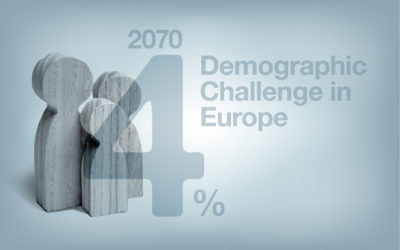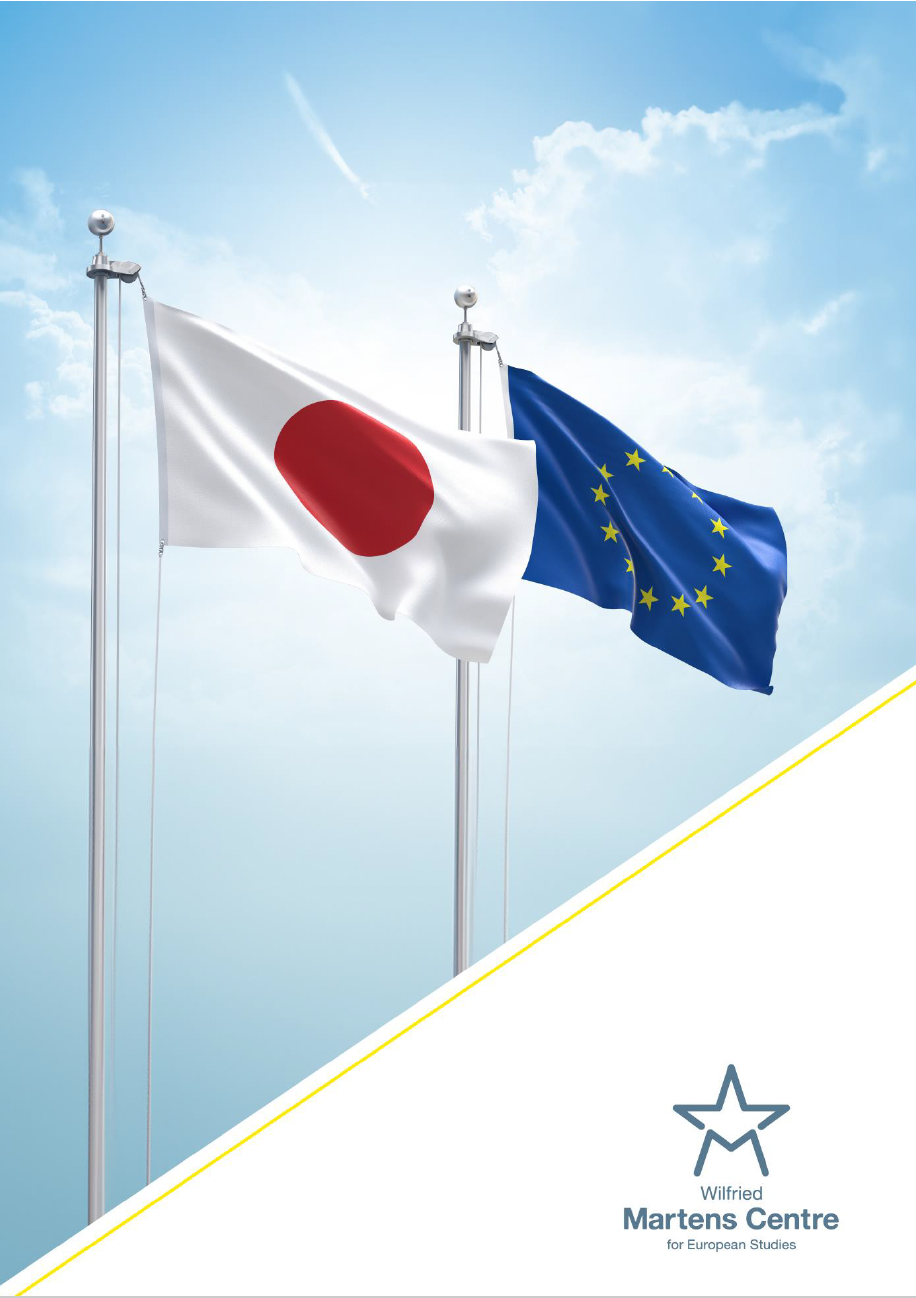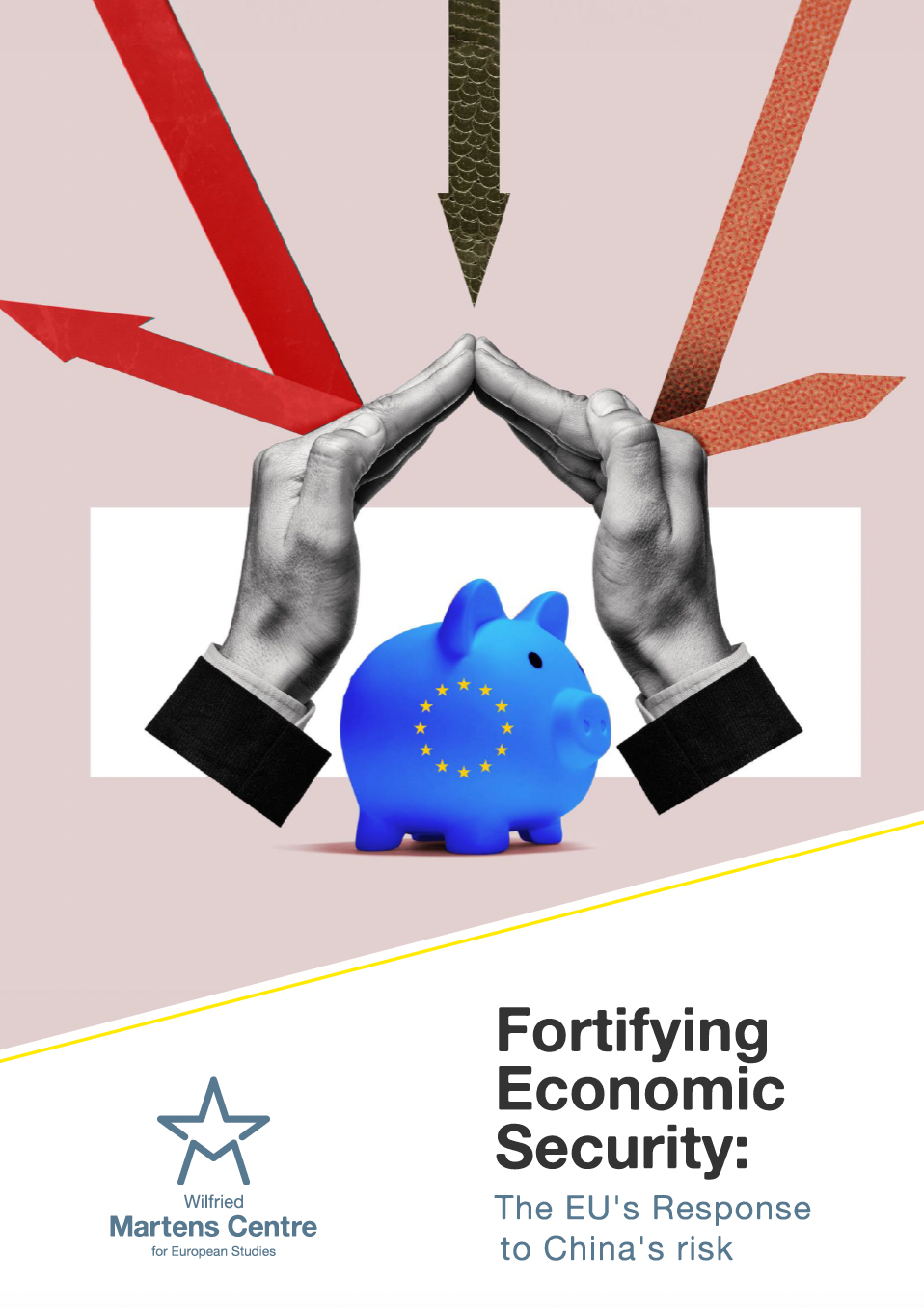Why China is still a threat and America still our ally
03 March 2017
In these heady days of the early Trump era, one may be forgiven for thinking that for Europe, none of the old certainties hold true anymore. Consequently, to many European pundits, it is obvious that whether we want it or not, we are forced to rethink our strategic posture from scratch. Some advise that we now have to become self-sufficient in security – because the new US President has, at least in interviews and tweets, sown doubt about the 70 year old US security commitment to Europe.
Some have argued that we should kiss and make up with Russia because under Trump, the US risk to overtake us in the race of who’ll be Putin’s darling – at least until recently. And some claim that the best thing we can do now is to replace the US by China as a strategic partner, because they seem to have so much to offer economically and, let’s be honest, also just to spite the new occupant of the White House.
President Xi’s chiseled words don’t match the bleak reality of what China is doing.
Quite frankly, this type of knee-jerk ‘Europe First’ strategy can only backfire because it is built on false premises. It is true that, while Donald Trump’s tweets continued to haunt us, President Xi Jin Ping held a remarkable speech at the World Economic Forum in Davos. In it, he sang the praise of socially conscious globalisation, open borders and global governance – just as the new US President was shouting ‘America First!’ from our TV screens.
Rhetorically, China has also been an advocate of a strong EU for some time. And last but not least, the grandious project of a ‘New Silk Road’ linking Asia to Europe might come to symbolise not only stronger economic but also strategic links. But one thorough look at China and the world today is enough to see that President Xi’s chiseled words don’t match the bleak reality of what China is doing as we speak.
The Chinese Communist Party has never stopped considering ‘Western’ ideas about human rights a threat.
First, in the South China Sea, the Beijing government is continuing its expansion against all global rules, to the great worries of its neighbours in the region, and rejecting the consultation and arbitration mechanisms foreseen in the UN system and the International Court of Justice. This is all the more dangerous because Russia has, in recent years, begun doing exactly the same in Georgia, Moldova and Ukraine: undermining the global liberal order, not only with words, but also deeds.
Second, China does not really seem to favour a strong European Union. Its ’16 + 1’ initiative, comprising 16 cash-strapped countries inside and outside the EU, is clearly designed to create a generic grouping of countries that share a communist past as well as financial dependency on China turning into some degree of political subservience.
Hungary is a case in point – its breaking ranks with the rest of the EU on condemning Chinese expansionism in Asia is exemplary of Beijing’s divide et impera strategy. Chinese support for sub-EU regional groupings now also seems to extend to the Mediterranean members and even to the Nordics.
Third, President Xi’s lofty appeals to global governance eclipse China’s peculiar ideas about national governance, as they come out in its unconditional support for corrupt, dictatorial regimes in Africa, and even more in its crackdown on freedom of expression and the first buds of civil society in China itself. The increasing suppression of previously assured civic rights in Hong Kong, and especially the kidnapping of EU citizens (Chinese with double nationalities) from South East Asia, are examples of what is really going on.
The Chinese Communist Party has never stopped considering ‘Western’ ideas about human rights a threat. All this is not to mention the regular military threats against democratic Taiwan. Finally, one has to mention Chinese state-sponsored criminal activity, as in the systematic violation of copyright law and the organised hacking of American and European technology firms.
All this does not mean that Europe should not seek cooperation with China on issues of global importance, such as trade and climate change. But let’s remain realistic as to the prospects of a strategic partnership with a country whose governing elite and many of its citizens have such a different outlook on our world.
Making America great again is not possible without friends and allies.
Instead of flirting with China, we’d better try to convince the US administration that making America great again is not possible without friends and allies, and that the most natural members of that group will always be found in Europe. The President’s State of the Union speech on 28 February, though mainly focused on domestic affairs, should be read as a sign that the administration is thinking along those lines now.
Given America’s old and strong democracy, Trump, even if he tried, would have a hard time overturning the global liberal order against America’s own creation – a system of value-based alliances that has been developed for over a century. For Europe, it’s time to get real and start working with what we still have, instead of relying on what we’re supposed to hear in Davos and other places.
ENJOYING THIS CONTENT?





















